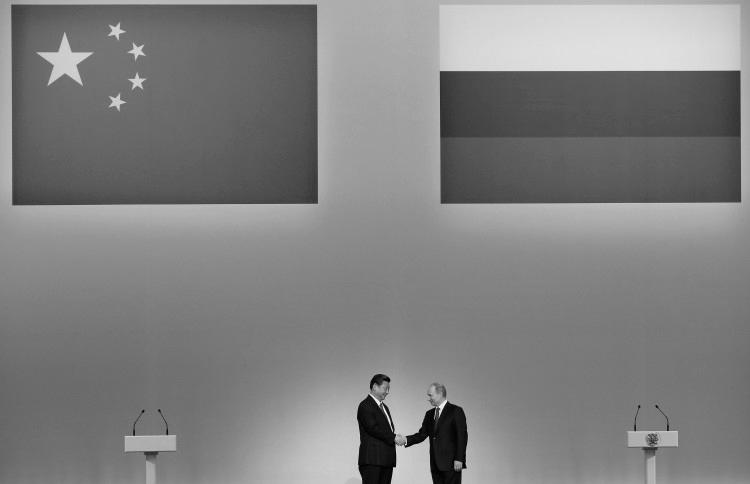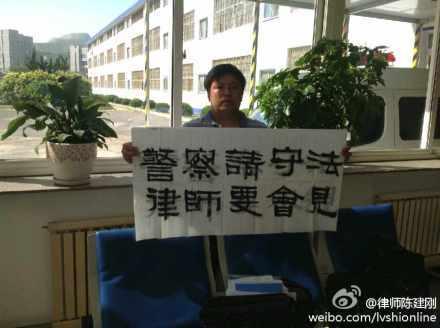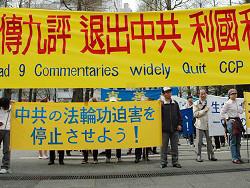Following his inauguration last week, new Chinese leader Xi Jinping has arrived in Russia and will also travel to three African countries–Tanzania, South Africa, and the Congo–during his first series of state visits, from March 22 to 30.
While in South Africa, Xi will attend the fifth summit of the “BRICS” nations, an association of the emerging economies of Brazil, Russia, India, China, and South Africa.
A March 18 report by Party mouthpiece Xinhua said Xi’s trip to the three continents of Europe, Africa, and Asia will “inherit the past and usher in the future,” and “plan for the future and influence the world.”
However, some analysts pointed out that Russia cannot represent Europe, and that the world’s economic leader is still the United States, in North America.
The Chinese Communist Party’s (CCP) careful plans for Xi’s first state visit suggest a competitive stance against Western democratic countries via a strategic partnership with Russia to counter the United States’ hold over Asia.
In an interview with Sound of Hope (SOH) Radio Network, independent commentator Li Shanjian stated that China and Russia have similar ideologies, and hold identical views on controversial diplomatic issues. For example, they both voted against the resolution of sanctions on Syria’s Assad regime, which is slaughtering its own people.
“Actually the Party’s values and ideology cannot be accepted by the global mainstream,” Li Shanjian said “As a result, the CCP has been quite isolated on many matters. Although Russia’s Communist Party has collapsed, its current regime’s ideology still has a lot in common with the CCP.”
Current affairs commentator Zhang Jian told SOH that Russia is not an altogether friendly neighbor, as it has invaded and occupied large areas of China. However, to maintain its autocratic regime, the CCP formed an alliance with Russia, and has not hesitated to betray the nation’s interests to Russia. Zhang added that the CCP has kowtowed to Russia, and will use any method, even giving up territory, to maintain its political power.
As to the three southern African countries in Xi’s tour, Zhang said the CCP is assisting Africa not on a humanitarian basis as it claims, but to buy votes in international disputes. “It was those poor African brothers who ‘carried’ the CCP regime into the United Nations with their votes,” he said. “While the Chinese people have no school buses and are afflicted by poorly constructed buildings, the Party gives money to African countries to obtain their support, and raise its international standing in the United Nations.”
In recent years, western countries have reproached the CCP over its relations with Africa. They believe the Chinese regime is chasing Africa’s rich mineral resources and its large market, placing itself as Africa’s largest trading partner. Both China and Russia have denied this, saying China assisted Africa mostly for political reasons to establish a new global order in contending with the United States.
Li Jianshan pointed out that by choosing to visit Russia and Africa first, the CCP is insisting on its own autocracy, despite both domestic and foreign problems.
“Either going to Russia for an alliance or going to Africa for economic sustenance proves that Xi knows the Party is not recognized by the western mainstream. Yet he hasn’t shown any desire to change its political system or end one-Party rule, even though he clearly realizes he’s facing a huge crisis,” Li said. “By visiting these countries the communists still seem to be hoping to maintain the Party and system.”
Translation by Alex Wu. Written in English by Cassie Ryan.
Read the original Chinese article.


